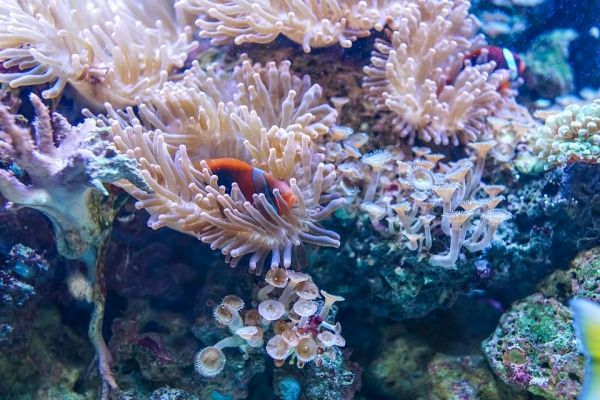A new study from the Institut de Ciències del Mar (ICM-CSIC, Spain) and the National Oceanography Centre brings unprecedented insights into the environmental constraints and climatic events that controlled the formation of these reefs.
The results of this research will help understand how cold-water coral reefs can react to the effects caused by the present-day climate change.
Similar to tropical coral reefs, cold-water coral reefs are incredible hotspots of biodiversity, with the difference that they do not rely on symbiosis with microscopic algae, and therefore can be found in the dark and deep waters of our oceans. Despite their uniqueness and key functional role in the ocean, they are still partially unknown ecosystems, which still lack of thorough procedures to protect them from human-derived disturbances. In fact, they are considered vulnerable marine ecosystems by the United Nations, the OSPAR Commission and the General Fisheries Commission for the Mediterranean.
Now, an international team of scientists from the Institut de Ciències del Mar (ICM-CSIC) and the NOC has studied for the first time the main drivers that control the development of cold-water reefs in the Western Mediterranean during the last 400,000 years. In these reefs, the deeper you go, the older the corals will be, since new generations grow on top of the previous ones. The results of this research are collected in a paper published recently in the journal Quaternary Science Reviews and bring unprecedented insights into the environmental constraints and climatic events that controlled the cyclic development of these reefs.
Read more at National Oceanography Centre, UK
Photo Credit: Mariamichelle via Pixabay


